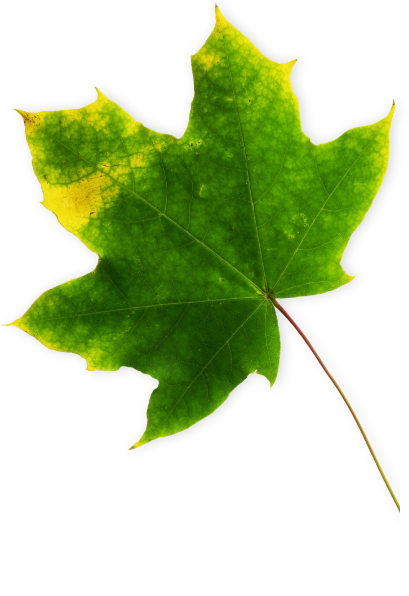It’s hard to believe that spring is right around the corner, but it’s true! With snow melting and your lawn becoming more visible you will notice that it’s dormant and not the beautiful green color you would like it to be. But do not worry, there is a solution. Here are four tips to help you get a green lawn this spring.
Clean up Debris from the Winter
 Just as you may do a spring cleanup in your home, your lawn will also benefit from one. Although this step may not seem that important, it is crucial for a successful “green up” for your lawn this Spring. Any debris that is covering your lawn will inhibit its chance to receive maximum sunlight to help your lawn become healthier. Avoid doing a cleanup when your lawn is wet and soggy. Doing this will prevent compaction. A light raking to remove any remaining leaf coverage or other lawn debris will go a long way!
Just as you may do a spring cleanup in your home, your lawn will also benefit from one. Although this step may not seem that important, it is crucial for a successful “green up” for your lawn this Spring. Any debris that is covering your lawn will inhibit its chance to receive maximum sunlight to help your lawn become healthier. Avoid doing a cleanup when your lawn is wet and soggy. Doing this will prevent compaction. A light raking to remove any remaining leaf coverage or other lawn debris will go a long way!
Aeration and Overseeding
Trying to get your lawn to be healthy and green with compacted soil is nearly impossible. Compacted soils are achieved from everyday use but vary from lawn to lawn. Homeowners’ who rarely use their lawn don’t need to worry as much as someone with children that run around every day. With that being said, aeration is the best way to alleviate compacted soils. It also allows water and nutrients to enter the soil which will help your lawn get to that green color you desire.
Fertilize your Lawn
Your lawn is just waking up from a long winter and it is hungry! Feeding your lawn gives it all the nutrients it needs to be happy and green. Fertilizing is a way to supplement vital nutrients into the soil for the lawn you use. Using a slow-release fertilizer allows the nutrients to be broken down over an extended period of time and also brings the benefit of not having to fertilize as often. Make sure the fertilizer you are using has a good percentage of Nitrogen since that will “green up” your lawn. Click here for more information about our 5-step lawn fertilization program.
Watering
 Proper watering is essential for a healthy green lawn. Not watering enough and watering too much can both lead to problems in your lawn. Watering is best done in the morning so the grass blades have time to dry out during the day. Deep, infrequent watering will help develop deeper roots which will help your lawn stay green even through drought conditions.
Proper watering is essential for a healthy green lawn. Not watering enough and watering too much can both lead to problems in your lawn. Watering is best done in the morning so the grass blades have time to dry out during the day. Deep, infrequent watering will help develop deeper roots which will help your lawn stay green even through drought conditions.
Winter here in New England can certainly take a toll on your lawn and landscape. We hope you find these four tips helpful in your preparation for achieving a green lawn this spring! If you have any lawn care-related questions, please contact us at (781) 297-3674, submit our contact form, or read other lawn care articles on our blog.
